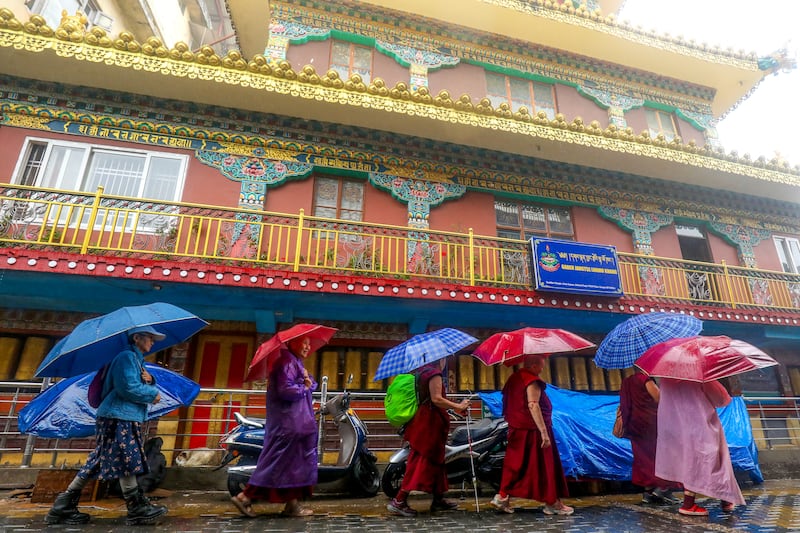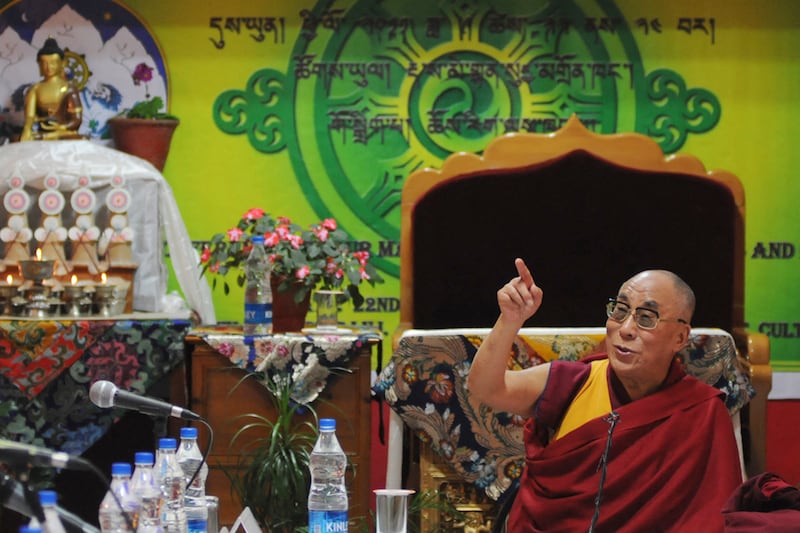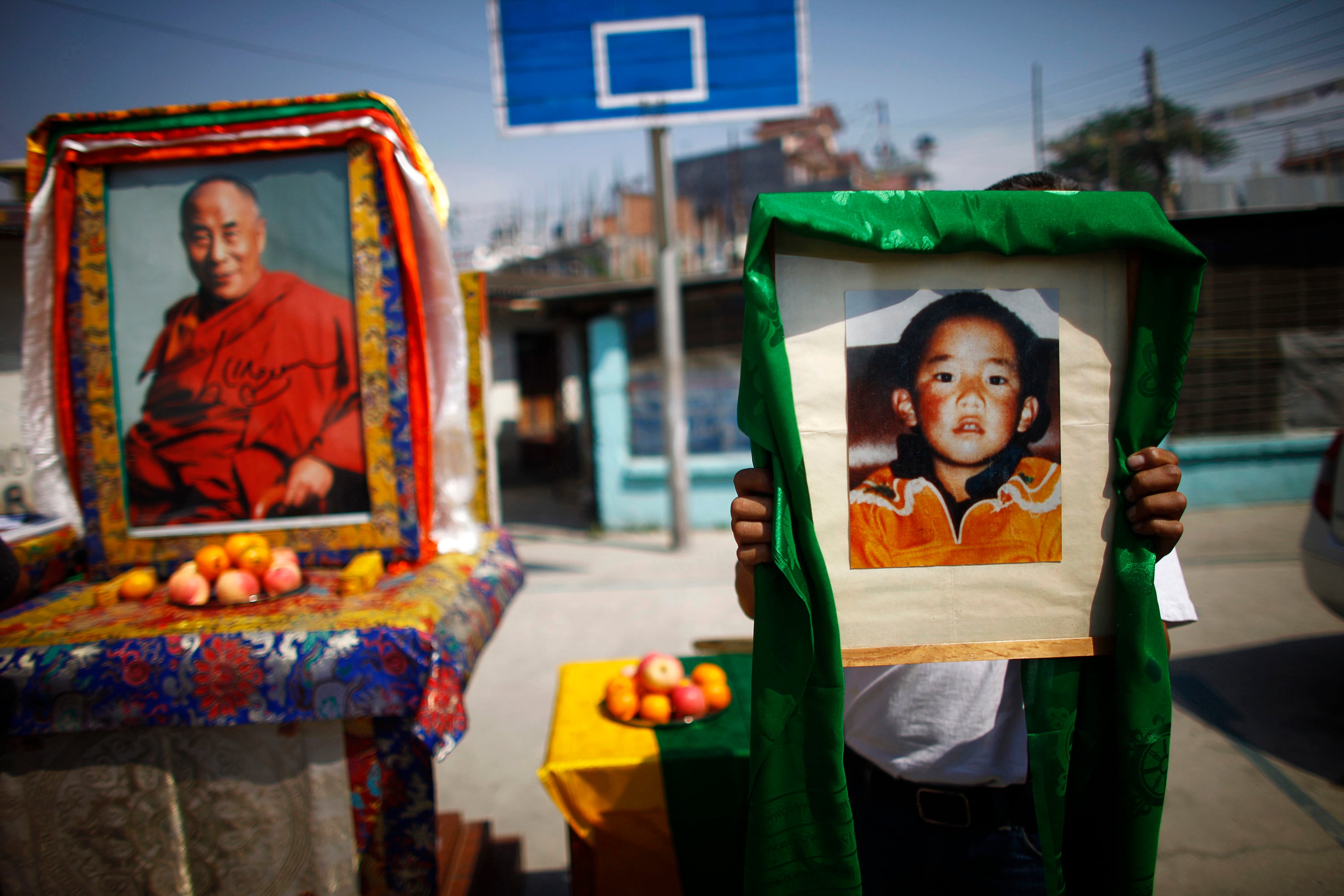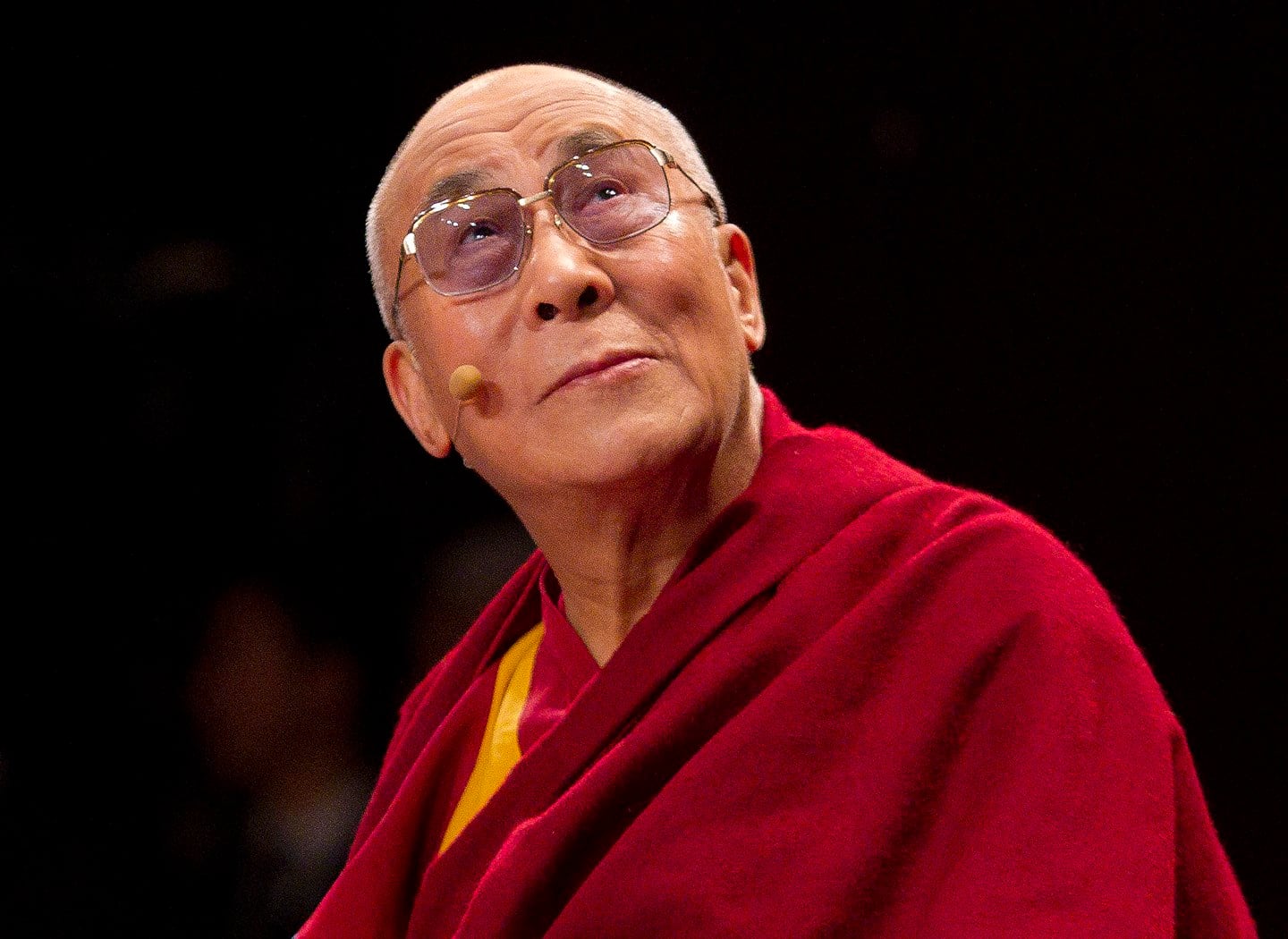As the Dalai Lama approaches his 90th birthday on July 6, the world awaits the Tibetan spiritual leader’s decision on whether there will be a next Dalai Lama – an announcement the head of Tibetan Buddhism promised to unveil when he is 90 in what may serve as a definitive move to thwart the Chinese government’s efforts to exert control over his succession.
The announcement is set to be the most consequential in modern Tibetan history, one that will shape the future of Tibetans’ seven-decade-long struggle to preserve their religious and cultural freedoms in the face of Chinese oppression and the continuation of the 14th Dalai Lama’s legacy as a global icon of compassion, peace, democracy and human dignity.

At a conference of Tibetan religious leaders scheduled for July 2-4 in Dharamsala, just days before his 90th birthday, the global Buddhist leader is expected to announce if the institution of the Dalai Lama will continue and confirm whether formal responsibility for the recognition of the 15th Dalai Lama should rest with the Gaden Phodrang Trust, his private office.
In 2011, at the conclusion of a similar convention of the heads of all Tibetan religious traditions, the Dalai Lama issued a formal statement saying that when he turns 90, he would consult with Tibetan religious leaders and the public on whether there should be a next Dalai Lama.
“If it is decided that the reincarnation of the Dalai Lama should continue and there is a need for the Fifteenth Dalai Lama to be recognized, responsibility for doing so will primarily rest on the concerned officers of the Dalai Lama’s Gaden Phodrang Trust (the Office of the Dalai Lama),” the Buddhist leader said in his Sep. 24, 2011, statement.

“They should consult the various heads of the Tibetan Buddhist traditions and the reliable oath-bound Dharma Protectors who are linked inseparably to the lineage of the Dalai Lamas… and carry out the procedures of search and recognition in accordance with past tradition. I shall leave clear written instructions about this,” he added.
At the time, the Dalai Lama also made clear that “...apart from a reincarnation recognized through such legitimate methods, no recognition or acceptance should be given to a candidate chosen for political ends by anyone, including those in the People’s Republic of China.”
If China does intervene, it wouldn’t be the first time. On May 17, 1995, the Chinese government abducted a then-6-year-old boy named Gedhun Choekyi Nyima, just days after he was officially recognized by the Dalai Lama as the 11th Panchen Lama, the second-highest spiritual leader in the largest sect of Tibetan Buddhism.
Rights groups say his continued disappearance and China’s installation of another boy, Gyaltsen (in Chinese, Gyaincain) Norbu, in his place, highlights the Chinese government’s long-held plan to control the recognition of the next Dalai Lama, given the two lamas have historically recognized the other’s successive reincarnations and served as the other’s teacher.

The Chinese government, for its part, believes it can appoint the reincarnation of the 14th Dalai Lama under Chinese law.
“The reincarnation of Living Buddhas is unique to Tibetan Buddhism. It must comply with Chinese laws and regulations as well as religious rituals and historical conventions, and follow the process that consists of search and identification in China, lot-drawing from a golden urn, and central government approval,” Liu Pengyu, a spokesperson for the Chinese embassy in Washington D.C., told RFA last month.
In 2007, Beijing decreed that the Chinese government would begin overseeing the recognition of all reincarnate Tibetan lamas, or “living Buddhas,” including the next incarnation of the Dalai Lama. China plans to use its own Beijing-appointed Panchen Lama to endorse their choice – a move the Dalai Lama has said contradicts the Chinese Communist Party’s political ideology.
“It is particularly inappropriate for Chinese communists, who explicitly reject even the idea of past and future lives, let alone the concept of reincarnate Tulkus (or Buddhist incarnated beings), to meddle in the system of reincarnation and especially the reincarnations of the Dalai Lamas and Panchen Lamas,” the Dalai Lama said in 2011.
“Such brazen meddling contradicts their own political ideology and reveals their double standards. Should this situation continue in the future, it will be impossible for Tibetans and those who follow the Tibetan Buddhist tradition to acknowledge or accept it,” he added.
The Dalai Lama’s statement on his reincarnation may, therefore, serve to preempt Beijing’s efforts to interfere in the recognition of the 15th Dalai Lama.
It is expected to come just days before the U.S. Congress is likely to formally designate July 6 as “A Day of Compassion” through a bipartisan resolution introduced by U.S. lawmakers in the U.S. House of Representatives and the Senate in recognition of the Dalai Lama’s “outstanding contributions to peace, nonviolence, human rights, and religious understanding.”
Edited by Greg Barber


